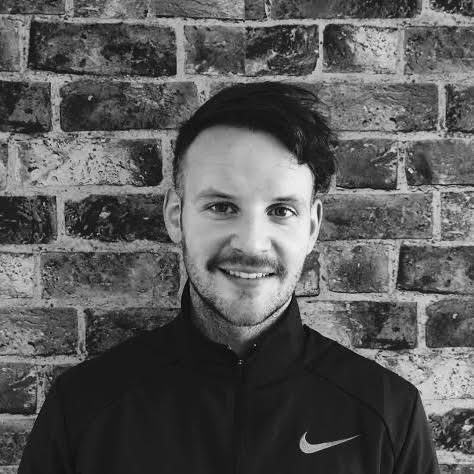What muscles make up your core?
Your core is not just your abdominals, and your six-pack abs have little relation to a strong core. When you think core, think nipples-to-knees; it’s your torso, abdominal muscles, lower back and hip complex (there’s lots going on here). A stronger core helps with efficiency of effort, producing more power and controlling the load on your extremities (knees/ Achilles and co.)
What core exercises should triathletes do?
Good core training is context specific, doing lots of sit-up crunches won’t get you a six-pack and it won’t help your endurance training efforts. Planks have become the pin-up core exercise for many, but doing lots of long static holds isn’t likely to help your triathlon training or safeguard against those annoying overload injuries.
Core training for endurance athletes should lean on a training principle known as specificity. People also talk about functional training and for argument's sake, we can think of these terms as the same. Ultimately, if you are training for an endurance event, a triathlon, marathon, or ultra - then the work you do in training should support that goal. Thinking about the core-specific demands of those events, your core exercises should replicate it.
With swimming in mind, you might want to sub out crunches for side planks rotations and step up the plank holds for planks with alternative arm and leg lifts (Superman planks).
Cyclists, some jackknifes and pikes can be more helpful than the classic bicycle crunch.
For running this can include straight line single leg exercises like a single-leg Romanian deadlift, single-leg (pistol) squats and Bulgarian split squats.
Core work doesn’t need to be an everyday thing, but there’s a balance to be struck and certainly adding some specific core work into your training regime doesn’t require much effort, and it’s likely to help reduce overload and overuse injuries.
Eddie Smith is a Rehab Physio at Six Physio Monument. He has a special interest in the rehabilitation of sports injuries and has worked with athletes of all levels from elite to weekend warrior
